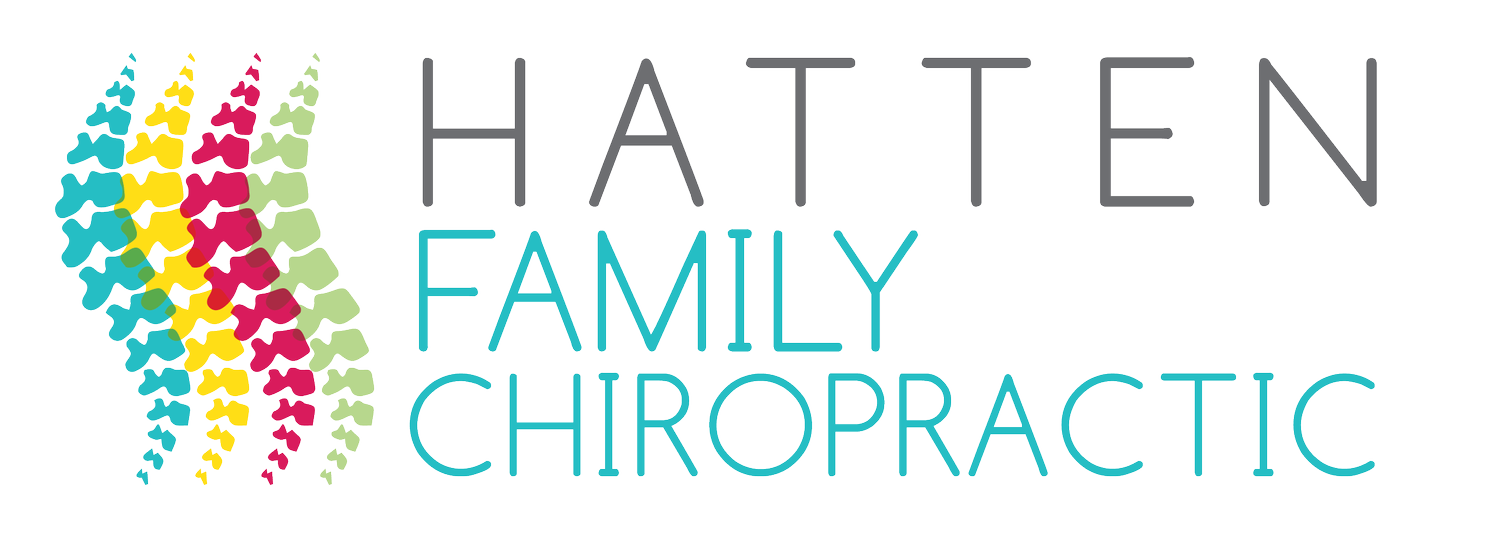Headaches
Conditions/Headaches
There are several types of headaches, each with its own unique characteristics and causes. Here are some common types:
1. Tension Headaches:
• Causes: Stress, muscle tension in the head and neck, poor posture, anxiety, lack of sleep, dehydration, or eye strain.
• Symptoms: Dull, aching head pain that typically affects both sides of the head. It's often described as a tight band around the head.
2. Migraine Headaches:
• Causes: The exact cause is unclear, but genetics, environmental factors, changes in brain chemicals, and triggers such as certain foods, stress, hormonal changes, or sensory stimuli may play a role.
• Symptoms: Throbbing or pulsating pain, usually on one side of the head, accompanied by sensitivity to light, sound, or smells. Nausea and vomiting can also occur.
3. Cluster Headaches:
• Causes: The exact cause is unknown, but they may be related to abnormalities in the hypothalamus and may involve genetics and certain lifestyle factors.
• Symptoms: Severe, excruciating pain around one eye or one side of the head. They often come in clusters, with multiple attacks occurring over days, weeks, or months, followed by periods of remission.
4. Sinus Headaches:
• Causes: Inflammation or infection in the sinus cavities due to allergies, infections, or nasal congestion.
• Symptoms: Pain and pressure in the forehead, cheeks, and nose. It's often accompanied by nasal congestion and a feeling of fullness in the ears.
5. Hormone Headaches:
• Causes: Hormonal fluctuations, commonly associated with menstruation, pregnancy, menopause, or hormonal medications.
• Symptoms: Headaches that occur cyclically with hormonal changes and may be accompanied by other symptoms like mood swings, fatigue, or abdominal pain.
6. Exertional Headaches:
• Causes: Strenuous physical activity, such as weightlifting, running, or even sexual activity, leading to increased blood flow and pressure in the head.
• Symptoms: Throbbing headache during or after physical exertion.
7. Rebound Headaches (Medication Overuse Headaches):
• Causes: Overuse or misuse of headache medication.
• Symptoms: Headaches that occur frequently and worsen with the excessive use of pain relievers, even if these medications were initially used to treat headaches.
It's essential to identify the type of headache and its potential triggers to determine the appropriate treatment and management strategies. Chiropractic care can help address many of these types of headaches, but it cannot treat them all. Through a thorough exam and history, Dr. William will help determine the most likely cause of your headaches and begin treatment or refer to an appropriate provider for co-management.
Headaches and Neck Pain
Headaches and neck pain are frequently related, and in fact, neck pain can cause headaches. Both tension headaches and cervicogenic headaches often begin due to poor biomechanics in the neck caused by muscle or joint dysfunction.
1. Spinal Adjustments: Adjustment help restore spinal function by alleviating biomechanical dysfunction, reduce nerve irritation, and reducing muscle tension in the neck and upper back. This can potentially relieve tension headaches and cervicogenic headaches by addressing the underlying musculoskeletal issues.
2. Soft Tissue Therapy: We may employ various soft tissue techniques, such as massage, myofascial release, traction, kinesiotape, or cupping, to relax tight muscles in the neck and shoulders. This helps reduce muscle tension and can alleviate headaches originating from muscle strain or tension.
3. Posture Correction and Ergonomic Advice: Dr. William will often provide guidance on proper posture and ergonomics, especially for individuals whose headaches are associated with poor posture or work-related strain. They may recommend adjustments to workstations or daily habits to reduce stress on the neck and spine.
4. Exercise and Rehabilitation: Specific exercises and rehabilitation programs will help to strengthen and stabilize the neck muscles, improving overall posture and reducing the frequency or severity of tension headaches or cervicogenic headaches.
5. Lifestyle and Nutritional Advice: Dr. William also offers advice on lifestyle modifications and nutritional strategies that may help manage headaches, such as recommending specific dietary changes, sleep habits, or hydration habits.
Patients may often see a reduction in symptoms related to other types of headaches as well after beginning care. Because chiropractic care seeks to restore proper communication between the brain and the body, systemic healing can occur providing indirect relief to a host of symptoms.

